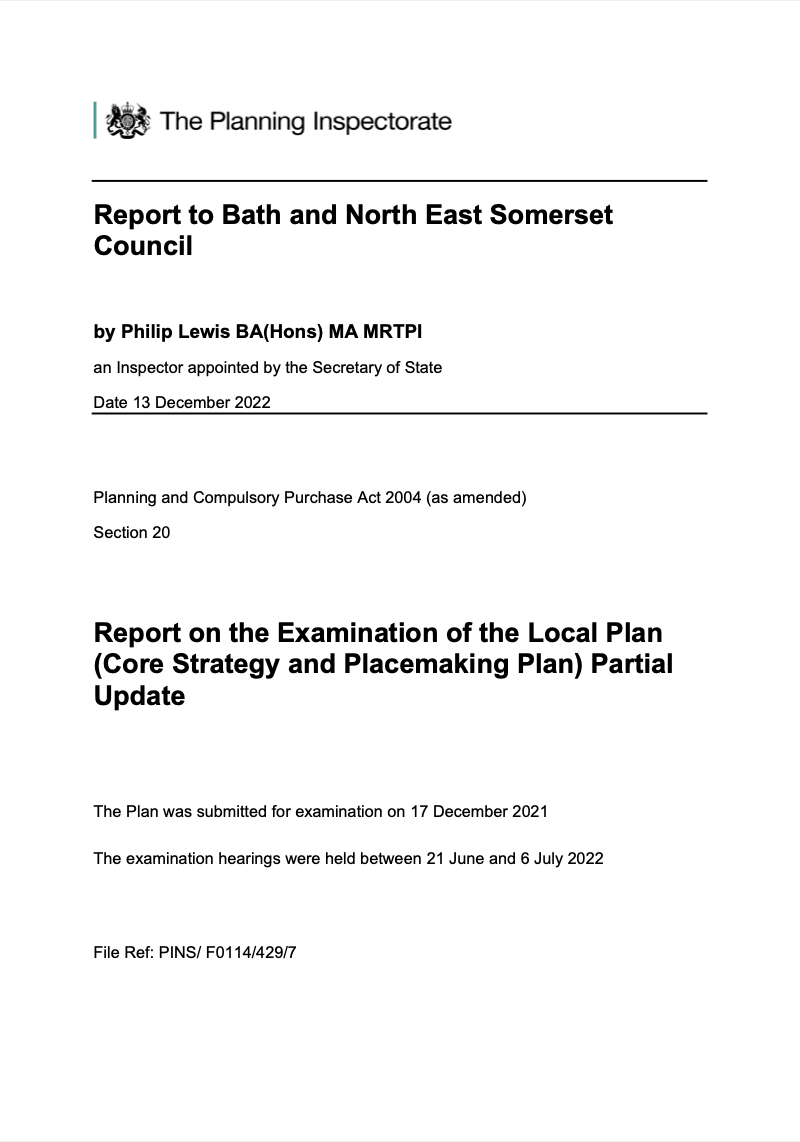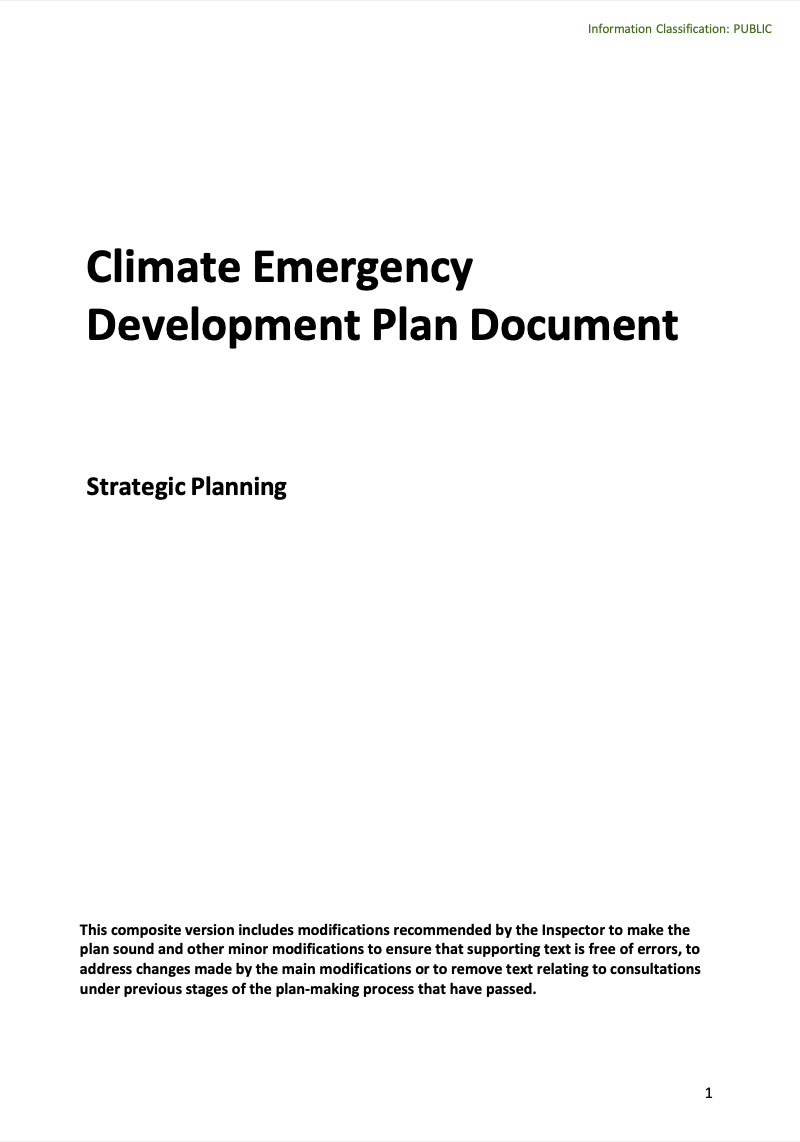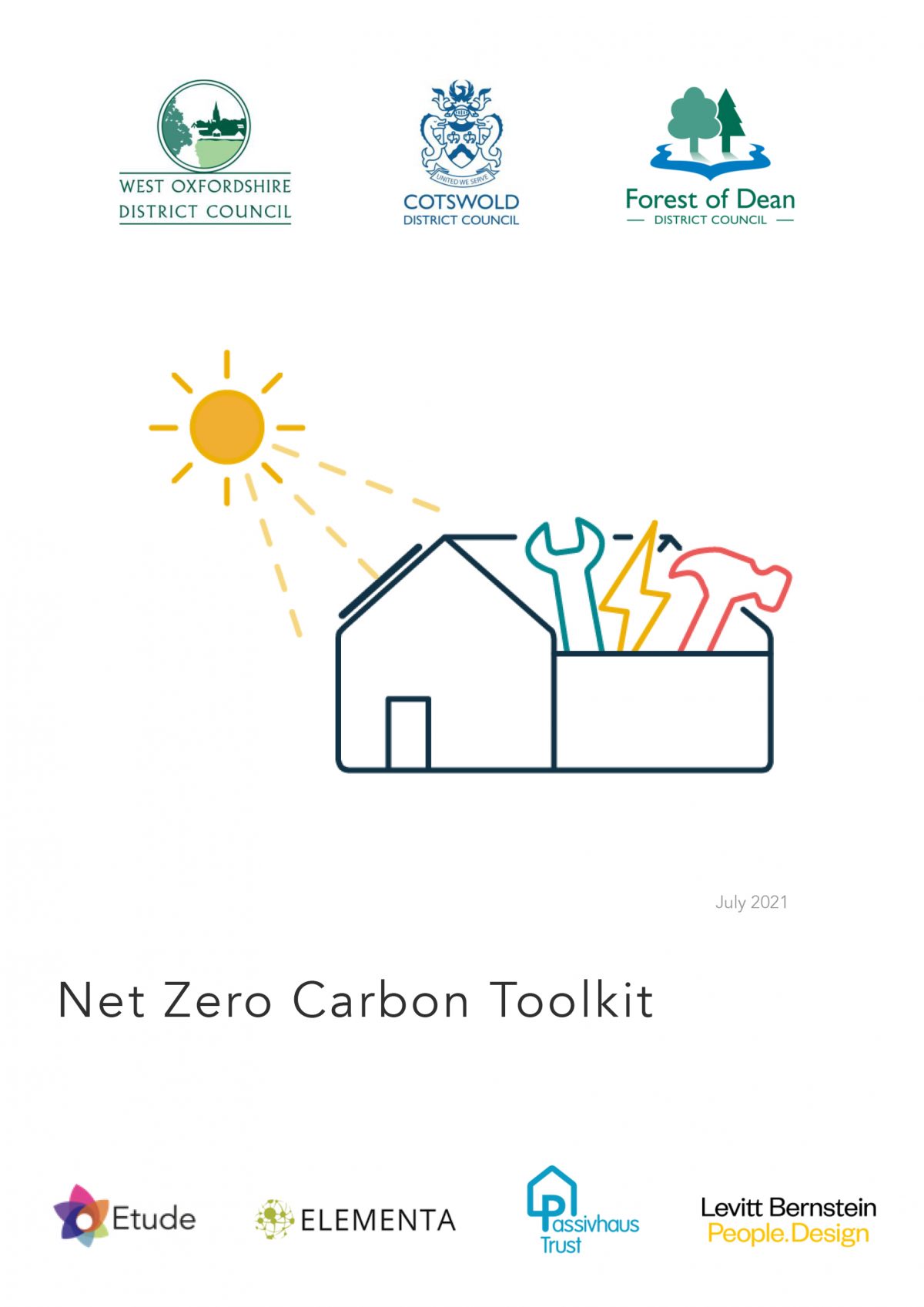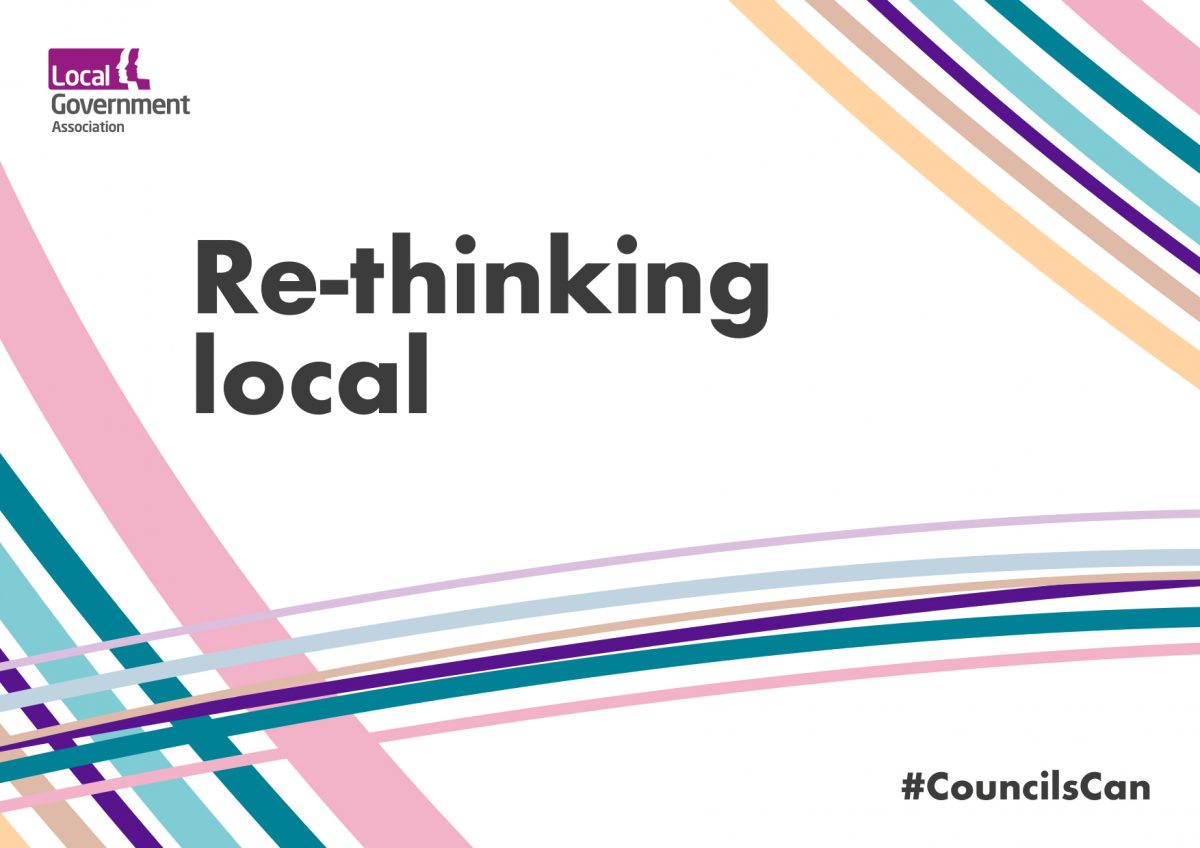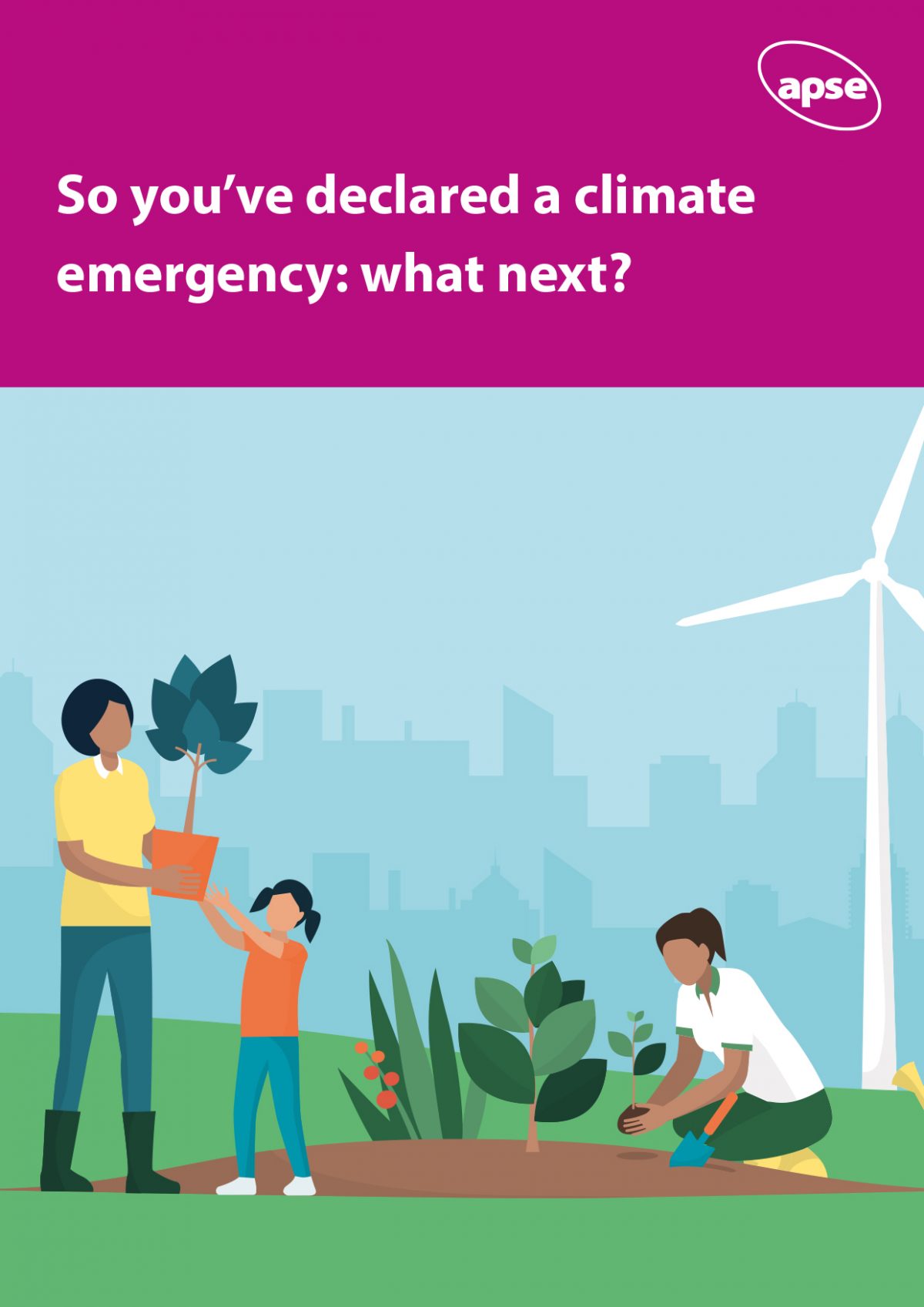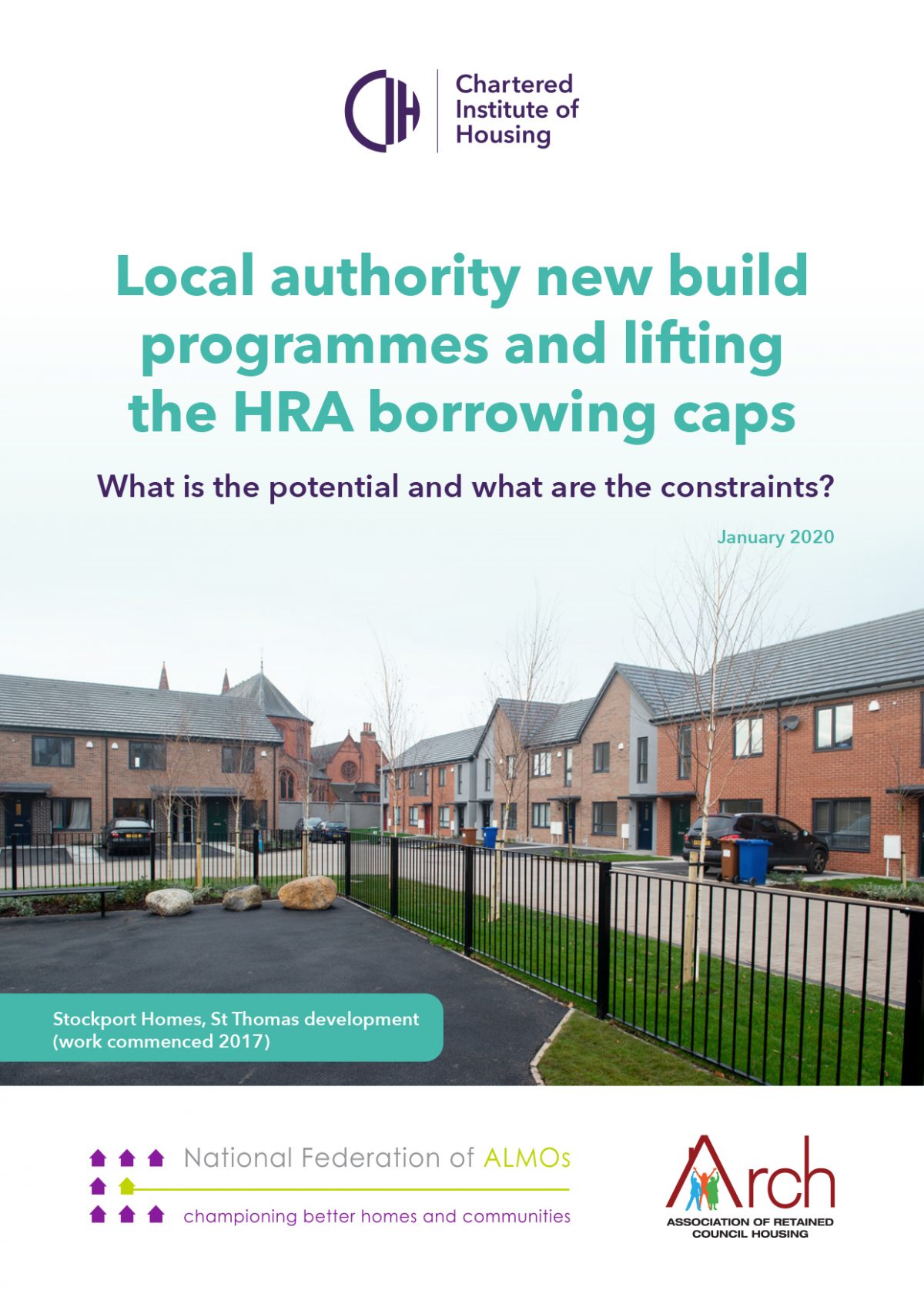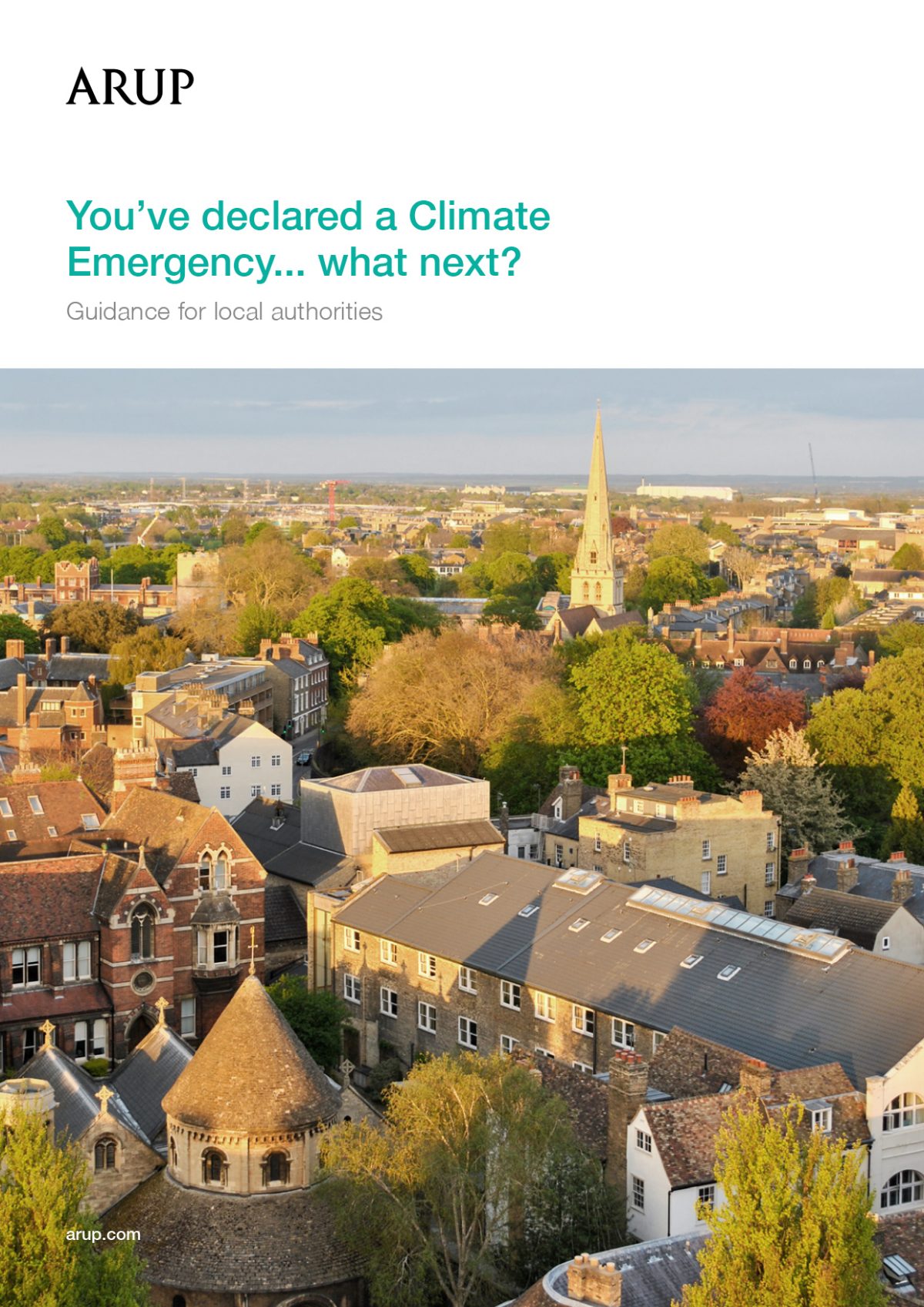Council adopts ground-breaking planning framework
Good Homes Alliance welcomes the announcement that Bath and North East Somerset has become the first council in England to successfully adopt an energy-based net zero housing policy as part of its commitment to tackling the climate emergency.
The new housing development policy will ensure the energy use of any proposed development is measured and meets a specified target — setting a limit on the total energy use and demand for space heating. It will also require sufficient on-site renewable energy generation to match the total energy consumption of the buildings — ensuring the development is 100% self-sufficient.
New policies will also address building emissions such as a policy to limit carbon emissions resulting from the materials used in the construction of large-scale developments. These ‘upfront’ embodied carbon emissions will be limited to 900kgCO2e/m2.
The council will also impose net zero operational carbon standards for new major non-residential development.
The ground-breaking move follows the approval at a special meeting of Council yesterday (January 19) where The Local Plan Partial Update (LPPU), which updates parts of the current Local Plan to better address council priorities including the climate and ecological emergencies, was adopted.
The Local Plan sets out the basis for decision making on development and the use of land that requires planning permission across B&NES. The adopted LPPU includes some changes, known as main modifications, that were suggested by an independent planning inspector to ensure the Local Plan Partial Update (LPPU) would be sound and legally compliant. They were consulted on last year.
The LPPU includes specific policies that will secure net zero development, help facilitate the delivery of renewable energy installations of an appropriate scale in the most suitable locations and further encourage the shift towards more sustainable forms of transport.
It will also help to replenish housing supply, enabling the council to meet its housing requirement in a planned way and have greater control over speculative planning applications. In addition, the LPPU will help the council to better manage off-campus, purpose-built student accommodation schemes where they meet a demonstrable need.
Councillor Tim Ball, cabinet member for Planning and Licensing, said: “Adoption of the Local Plan Partial Update (LPPU) ensures our policies are aligned with the latest national policy and put us at the forefront nationally with policies related to the climate and ecological emergencies. Bath & North East Somerset Council is the first Local Planning Authority (LPA) in England to have an adopted Local Plan policy requiring a net zero energy balance for new housing and we are the first in the West of England to adopt a biodiversity net gain (BNG) policy.”
The new Biodiversity Net Gain policy requires major developments to demonstrate a Biodiversity Net Gain of a minimum of 10% which is secured in perpetuity, for at least 30 years. Minor developments will only be permitted where no net loss and appropriate net gain of biodiversity is secured.
The council liaised with Cornwall Council and used their evidence base to support the new net zero construction policy. Their similar policy has been found sound by an inspector and will be considered for adoption in February. Similar policies are being progressed by Central Lincolnshire and GHA Leader member Greater Cambridge Shared Planning.
The recent adoption of the Sustainable Construction Checklist SPD provides the reporting framework to demonstrate compliance with the new sustainable construction policies and the council’s partnership with the University of Bath will help to evaluate implementation and industry response.
The policy is the first new housing policy to be net-zero aligned based on 2030 trajectories of industry-leading organisations such as the London Energy Transformation Initiative (LETI), the Royal Institute of British Architects (RIBA) and the Chartered Institute of Building Services Engineers (CIBSE).
More information on the LPPU can be found on the council website.
Click here to download key documents
To find out more about the Good Homes Alliance’s local authority Vanguard Network, click here.

